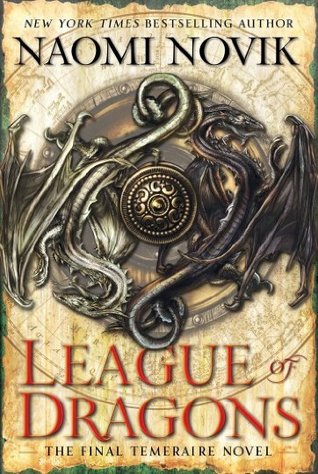Note to self
Lately I've found myself making some snarky remarks on FB comment strings. And I *want* to make a lot more than I do.
This isn't usually my thing. I think these comment debates are largely pointless, have real potential for needless harm and my job as a journalist means I shouldn't be spewing my opinions all over the Internet anyway. Either you're arguing with a total stranger, or you're possibly fracturing a relationship with someone you may get along with perfectly fine otherwise. I value social media a lot, as a way to stay in touch with farflung family and friends, to read and share interesting articles I wouldn't otherwise have seen, to find out what's going on in my community. I like funny comment strings but I've never been tempted to use that as a venue for argument, except about important matters such as what will happen next on Game of Thrones.
But lately ... I *want* to. I think this is the result of this bizarre and intense political season and our recent outbreak of publicized violence. I recently wound up making a snarky remark in response to a total stranger's comment on a friend's post. The post was about the recent shooting of Charles Kinsey, an unarmed therapist who was attempting to help an autistic man who had wandered out of the group home where Kinsey worked. Kinsey was lying on the street with his hands in the air when he was shot in the leg by a North Miami Police officer. That officer may have been aiming for the autistic man, who was holding a toy truck that may have been mistaken for a gun.
This is all very terrible in so many ways, except that at least Kinsey wasn't killed. One friend posted a story about it. Other people started commenting, adding that there were positive things going on in the world, you know. But "the media," those jerks, just like to post about the negative.
So I snapped, just a little. I've always been kind of annoyed and defensive when people gripe about "the media," as if there were some cohesive, organized collective that coordinates its actions with nefarious intent. The media is a vast, fractured cacophony, people, and in these digital and social media-dominated times you have more access and control than you ever have. (And yes, I realize that people in other professions - say, "the police," or "the government," probably feel just as annoyed when their entire, diverse, disorganized profession gets categorized and blamed for stuff. I swear I try to keep that in mind when I'm reporting, or making snarky social media commentary.)
But I was particularly annoyed in this case because I work for a South Florida news organization where my colleagues, led by the apparently tireless Nadege Green, have been covering the hell out of this story. And even though I work 150 miles away and have not been involved in the coverage, I know for a fact that they are not doing it because they enjoy inflicting negative feelings onto the world. Covering this story is not easy. It is not fun. I'm quite sure my colleagues would much rather be leaving work at a reasonable hour, spending time with their families and friends, working on stories about some more fun aspect of life in South Florida (and yeah, we do those - lots of them). But they're covering the hell out of this story because it matters. When an unarmed therapist lying on the street with his hands in the air gets shot, possibly because the cop was actually aiming at the unarmed autistic client sitting in the street with a toy truck - yeah. Maybe people should know about that. And think about how it happened, and how such things might be prevented in the future.
I didn't put all that in my snarky remark but that's what's been obsessing me ever since. If only I could yell at enough people, they would get it, right? The International Court of Facebook Commentary Justice would issue its ruling on my behalf! Which leads me to another point, which I think applies to the original commenter at whom I snarked - and to me. I totally get feeling overwhelmed and occasionally enraged by aforementioned media/social meda cacophony. It is overwhelming and occasionally enraging and your social media channel of choice (mine is Facebook) can be horribly addicting. So take responsibility and take a break. Walk away from the computer or phone. Read a book. Walk the dog. Watch something totally silly on TV. I recommend "30 Rock," "Arrested Development" and "Flight of the Conchords" - they all hold up to repeat viewings. Listen to a podcast, or an audiobook. When you are unhappy with what the media is posting, you are unhappy with your choices in media intake. You have the power to change that.
So now, I just need to take my own advice.







